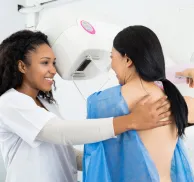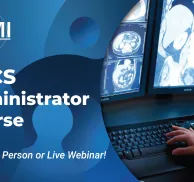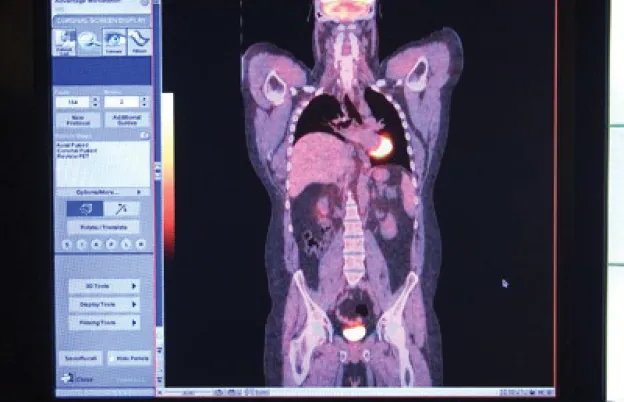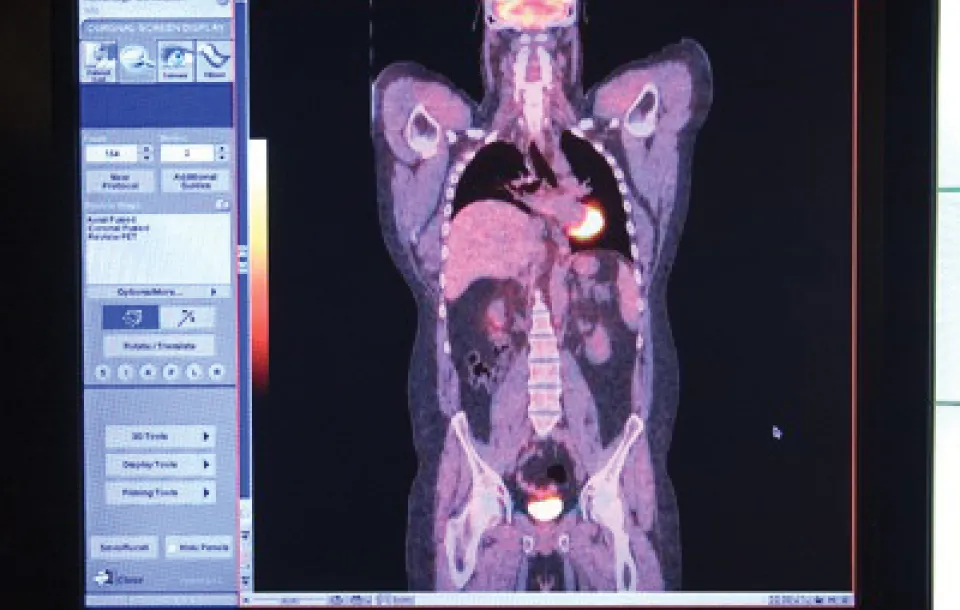
Hands-On Nuclear Medicine Physics Workshop
About this Program
This hands-on workshop focuses on proper performance and QC testing of gamma cameras, SPECT and SPECT/CT units as well as PET and PET/CT units. It includes a synopsis of the multiple organizations that offer accreditation of nuclear medicine facilities and their requirements. Insights on setting up a new Theranostics program and the radiation safety and regulatory considerations. Guidelines that simplify the evaluation and quality assurance testing of clinical PET/CT systems as identified in the AAPM TG 126 Report. This program will also include presentations on nuclear medicine facility accreditation, reviews of the equipment and testing procedures and techniques for lowering patient and technologist radiation doses from PET and PET/CT systems.
A highlight of this program will be a comprehensive review of the new GE StarGuide SPECT/CT™ system including a hands-on lab.
Thank you to the University of Vermont Medical Center for graciously hosting this program.
Educational Objectives
After this workshop, participants will understand:
- The regulatory considerations for PET and SPECT accreditation
- Safety and regulations for setting up a new Theranostics program
- Performance and acceptance testing of PET systems relative to TG126
- Performance/QC testing procedures for SPECT and SPECT/CT units
- Performance/QC testing and calibration procedures for PET and PET/CT units
- Performance/QC testing procedures for gamma cameras
- Techniques for lowering radiation dose from PET/CT units
Schedule
What this course will cover
Day 1
7:15 am Registration and coffee
8:00 am Accreditation Overview
8:30 am Clinical Applications
9:00 am Performance/Testing of PET/CT Systems
10:00 am Informal Discussion and Break
10:15 am Performance Testing of Planar and SPECT Systems
11:15 am GE StarGuide SPECT/CT™ Design Principles and QC Testing
11:45 am Lunch (provided)
12:45 pm Lab Session 1
1:45 pm Lab Session 2
2:45 pm Informal Discussions and Break
3:00 pm Lab Session 3
4:00 pm Lab Session 4
5:00 pm Questions and Discussion with Faculty
5:30 pm Adjourn for the day
Day 2
7:15 am Coffee & Continental Breakfast
8:00 am Radionuclide Therapy
9:00 am Radiation Safety
10:00 am Informal Discussion and Break
10:15 am Lab Session 5
11:15 am Lab Session 6
12:15 pm Questions and Discussions
12:30 pm Workshop adjourned
Workshops
Lab A Pet/CT and Rb-82 Generator QC
Lab B PET/CT Physics Testing
Lab C GE StarGuide QC and Physics Testing
Lab D Planar QC (Ergo and 830)
Lab E SPECT/CT QC and Qualification Discovery 670
Lab F Hot Lab/Therapy Setup, Including Demo of M3D System
Audience
Who should attend?
Medical physicists interested in an in-depth review of the physics of nuclear medicine will find this workshop very beneficial. The workshop will also be useful for physics assistants, medical physics residents and students, as well as vendor personnel working with these systems. Experienced QC technologists looking for more understanding of nuclear medicine QA testing may also find the workshop of value.
Program Faculty
Meet your presenter(s)

Jessica Clements
MS, DABR, FAAPM, FACR
Jessica Clements is a medical physicist and radiation safety officer at the University of Vermont Medical Center. She is certified in diagnostic and nuclear medical physics by the American Board of Radiology and has worked in clinical medical physics and radiation safety programs for large healthcare networks her entire career. She has extensive RSO experience overseeing multi-facility programs in Agreement States, managing both broad and specific scope radioactive materials licenses. Her work has involved all categories of radioactive materials used in healthcare, including those subject to increased controls. She has served in many capacities within AAPM, ACR, ABR, and CRCPD and was named a fellow of the AAPM in 2018 and the ACR in 2023.

Nathan Busse
MS, DABR, DABSNM
Nathan Busse is Chief of Diagnostic and Nuclear Medicine Physics for Colorado Associates in Medical Physics (CAMP). He has been with CAMP for over ten years since completing his Master’s degree at Vanderbilt University in Diagnostic Medical Physics and an Imaging Physics residency at UT MD Anderson Cancer Center. He is board certified by the American Board of Radiology in Diagnostic Medical Physics and Nuclear Medicine Physics and by the American Board of Science in Nuclear Medicine in Nuclear Medicine Physics and Instrumentation. He has a special interest in Nuclear Medicine topics including shielding, PET annual testing, and clinical Y-90 support, including co-chairing MPPG 14.a on Y-90 Radioembolization.
Stephen Graves
PhD
Associate Professor
University of Iowa
Iowa City, IA
Stephanie Leon
PhD, DABR, DABSNM
Dartmouth Hitchcock Medical Center
Section Chief, Medical Physics
Associate Professor of Radiology, Geisel School of Medicine, Dartmouth
Lebanon, NH
Rani Zananiri
PhD
Physics & Algorithms Team Leader | PhD Biophysics | SPECT
GE HealthCare
United Kingdom
Carly Williams
Medical Physicist
University of Vermont Medical Center
Robert Bruce
MD
Diagnostic Radiology
University of Vermont Medical Center
Credits
Accredited training programs
CAMPEP pending
This program is designed to provide 12.5 hours of continuing education. The program has been submitted for approval by CAMPEP for Medical Physics Continuing Education Credit (MPCEC) for qualified medical physicists.
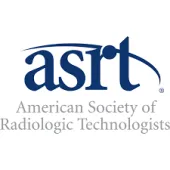
ASRT Category A
This program provides 14.5 hour(s) of Category A continuing education credit for radiologic technologists approved by ASRT and recognized by the ARRT® and various licensure states. Category A credit is also recognized for CE credit in Canada. You must attend the entire program to receive your certificate of completion.
Location
Course location and hotels
| Burlington, VT - November 8 & 9, 2025 | |
| Workshop Location: University of Vermont Medical Center 111 Colchester Avenue Burlington, VT 05401 | Accommodations: Courtyard Burlington Harbor Hotel Reservations: Click here Hotel Website: click here |
Tuition

| Audience | Price | Early Price | Member Price | Member Early Price |
|---|---|---|---|---|
| Physicist | $1,165.00 | $1,070.00 | $1,120.00 | $1,025.00 |
| Technologist | $879.00 | $829.00 | $849.00 | $809.00 |
Early Pricing Guidelines
To qualify for Early registration rates, you must register at least 21 days before the program date.
Cancellation Policy
“Hands-On” Courses
Refunds, minus a $50 processing fee, will be granted for cancellations received prior to 10 days before the program. Cancellations received within 10 days of the program will receive a credit toward a future MTMI program, minus the $50 processing fee. No refunds will be made after the program starts. MTMI reserves the right to cancel any scheduled program because of low advance registration or other reasons. MTMI’s liability is limited to a refund of any program tuition paid. MTMI recommends that attendees use refundable airline tickets. In case of cancellation of a program for any reason, MTMI is not responsible for travel costs incurred by attendees including non-refundable airline tickets.
Acknowledgements
Thank you for your support

